In an interview with the Khabarhub, South Asian Scholar and Local Government Expert Dr. Mohammad Tarikul Islam opens up about the most significant shifts in his thinking to pursue his areas of research covering local government, grassroots political movements, human security and sustainable development with a particular focus on social justice.
Dr. Mohammad Tarikul Islam is an Associate Professor of the Department of Government and Politics at Jahangirnagar University in Bangladesh.
He has been a Visiting Scholar at the University of Oxford and the University of Cambridge, United Kingdom. Before joining the university, Dr. Islam was serving the United Nations Development Program for a period of seven years.
Professor Islam is the regular contributor to the South Asia Blog of London School of Economics and Political Science (LSE), UK, Oxford Political Review and the Institute of South Asian Studies, National University of Singapore.
The School of Oriental and African Studies (SOAS), University of London has recently appointed Professor Islam as a Visiting Scholar. Dr. Islam is the Editor of Oxford Transitional Justice Research (Journal and Academic Blog), Centre for Criminology, Faculty of Law, University of Oxford, UK.
His forthcoming book is ‘Local Government in Bangladesh: Contemporary Issues and Challenges’ from the Routledge.
He has been researching different aspects of local government and sustainable rural development in South Asia since 2014. He has given lectures at the different universities in the UK, India, Indonesia, Nepal and has been interviewed by a number of press and electronic media at home and abroad. Excerpts:
Can you tell us the most significant shifts in your thinking to pursue research and teaching on local government?
I was born in a typical remote village of Bangladesh. I remember reading social affairs in high school, and thought it was very interesting–some of the stories told by my teacher pertaining to the role of Union Parishad (a local government body in the rural area of Bangladesh) still stick with me after all these years.
I remember one of my relatives who was the Chairman of the local Union Parishad telling me about his passion to serve the interests of the general people. I had to observe, as a young child, major problems the rural community was facing.
One afternoon in the village, a ward member of the Union Parishad had come for a dispute resolution in a neighboring house.
Without any motive, I was in and around the arbitration and the experience was devastating for me; it suddenly made me aware of the menaces of rural dispute resolution where might takes the place of right.
I was the eye-witness of two major floods affecting my village where I hardly found the assistance of Union Parishad.
One fine morning, I was moving towards my school (the school where I enrolled as a student of class VI was 2.5 KM away from my home) and I met the local Chairman’s uncle on my way.
With due respect, I asked him why he did not provide adequate relief support to the flood victims and in reply, he had told me to grow up first and explore why we are too mistreated to stand beside a vulnerable community despite having our strong will.
Since then, it strikes my mind to understand the importance of local government for ensuring the welfare of the local people.
I believe, creating a sense of ownership among the community for the local government will help bridge the gap between the government and the rural people in Bangladesh.
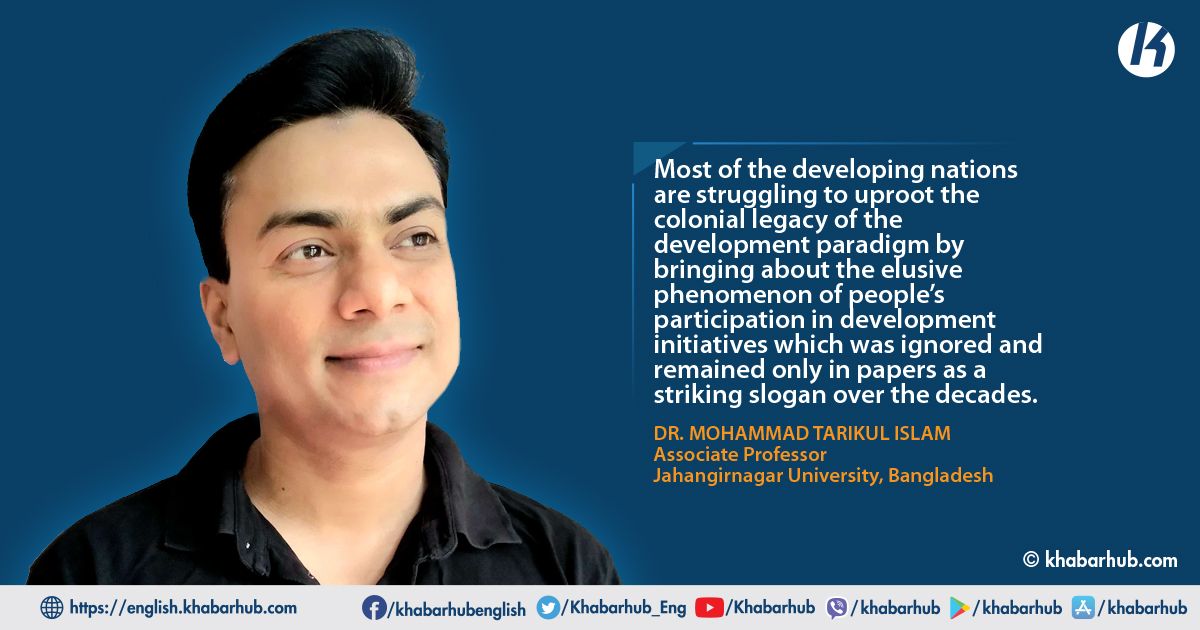
My research has had a tremendous impact on society. With my research undertaking, I perceive local government as a social organization happening in everyday life.
Apparently, because of the underlying characteristics of local government as a social organization, people can monitor their everyday work and involvement in other activities that are controlled forms of human interaction.
To have a sense of identity with the social organization, being closer to one another helps build a sense of community.
My scholarly work has been greatly influenced by socioeconomic, environmental, and political events that shaped my personality and character.
To me, for development to be truly sustainable, it is necessary to assume the political commitment of all the world’s states, as well as the greater collaboration of state and non-state development actors in the economy, environmental protection, protection of human security, and social development.
Human security, focusing on the opportunities to make choices, presupposes that people have to influence the process that shapes their lives.
In other words, people have to participate in different decision-making processes, implementing these decisions, and monitoring them.
Security, at any level, is about individuals. The development of mankind cannot be achieved without ensuring human security.
Security means that the benefits that people have reached in expanding their opportunities and improving their capabilities are protected by current social, economic, political arrangements.
Can you clarify the equitable development approach?
The approach to equitable development is based on a broad social acceptance of people’s rights and obligations, based on a sustainable system within the shadow of the national government.
It is apparent that the link between human security and sustainable development is manifested in conceptual terms from the perspective of the four basic components of human development: equality in terms of fair access to opportunities; sustainability as regards to the responsibility for future generations as those of the present generation; productivity on human resource investigations and creating the macroeconomic environment that would allow people to reach their full potential; and the sense of decision – in the sense that people have to achieve a level of individual development that would allow them to exercise options based on their own desires from a wider framework of the existing opportunities.
And of course, sustainable development through people and for people highlights an important dimension of human security, that of citizens’ participation in the creation of a peaceful, stable, and justifiable global system.
What is the scope of your current research work?
The scope of my current research work is based on the broader domain of local governance, grassroots political movements, human security and sustainable development with a particular focus on social justice, participatory rural politics, and equitable development in South Asia.
Above all, I adopt holistic approaches to the understanding of decentralized authority and power to participatory local governance.
I am kind of fascinated by methods that go beyond perspectives to explain the social experiences of citizen participation lessening from individual perceptions, rural development context, or social inequalities.
I seek to locate the concepts and determinants of socioeconomic inclusion and injustices in a broader social and environmental context to help advance the current understanding of the dynamics of social interactions within and among various social groups, thereby meaningfully contributing to an inclusive and equitable rural development empowering local government institutions in South Asia.
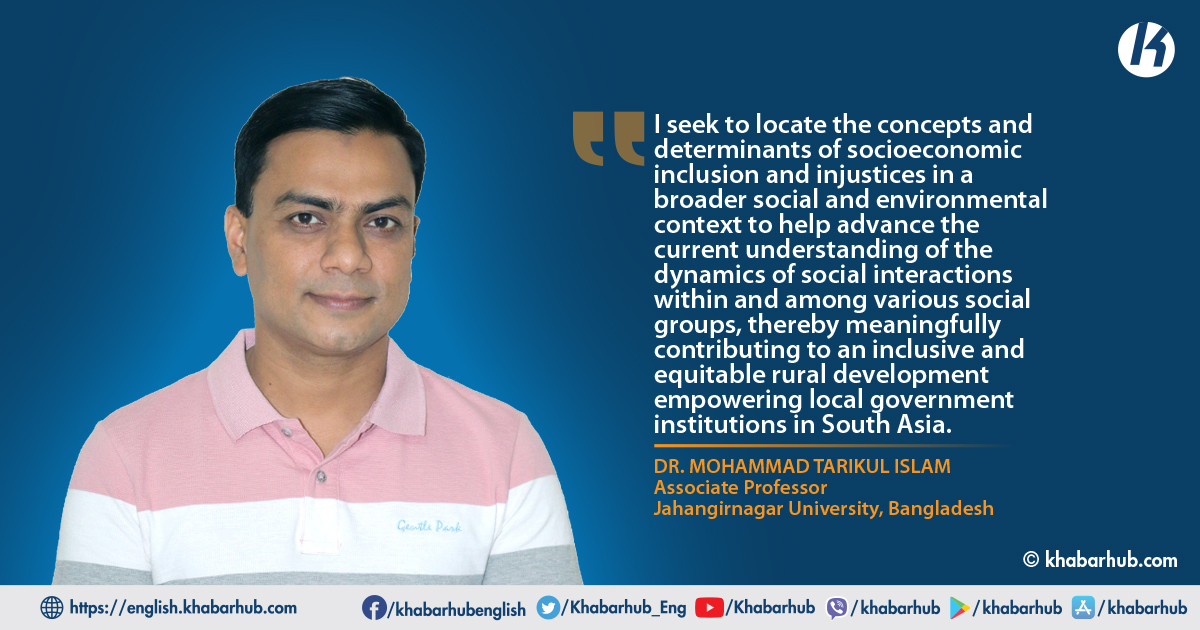
Can the local government serve as the training ground for mass political education, political leadership, and social accountability?
The functional side of local government explains policy-making and service delivery aspects taking place in inter-governmental settings.
In the modern era of democracy, local governments have increasingly encountered public policy challenges spanning across multiple authorities. Local representative democracy has opened up an opportunity for the local people to be mindful in selecting their local leaders as well as engaging in the development process at the grassroots level in South Asia.
Such party-based local government election enables elected representatives to get the maximum benefit from the political government.
The central political party in power implements its agenda at the local level with maximum backing of local government elected representatives.
Moreover, the democratic facet of local government conventionally unfolds in political parties, local elections, local leadership and participatory mechanisms.
In practice, grassroots political movement enables mobilize individuals to articulate their demands for change as well as influence the policymaker or relevant authorities at the local level to take a particular action for the overall development in the society.
Most of the developing nations are struggling to uproot the colonial legacy of the development paradigm by bringing about the elusive phenomenon of people’s participation in development initiatives which was ignored and remained only in papers as a striking slogan over the decades.
It is deceptive that participation is the key to the inclusion of community people in development efforts and the human element in development efforts persuades managing change in an effective manner.
What is the most important advice you could give to young scholars?
I suggest, young scholars must believe in them and must know that self-confidence is more important than they can imagine. It can change your whole life for the better.
They must be devoted to creating, sharing, using, and managing the knowledge. As the situation builds strong people in the end, please do not fear failure rather keep trying with confidence.
Like many contenders, I came to higher education on a nontraditional path with ups and downs. But for me, this journey ended with far more than a degree; it was crowned in a distinctiveness that combined my life.


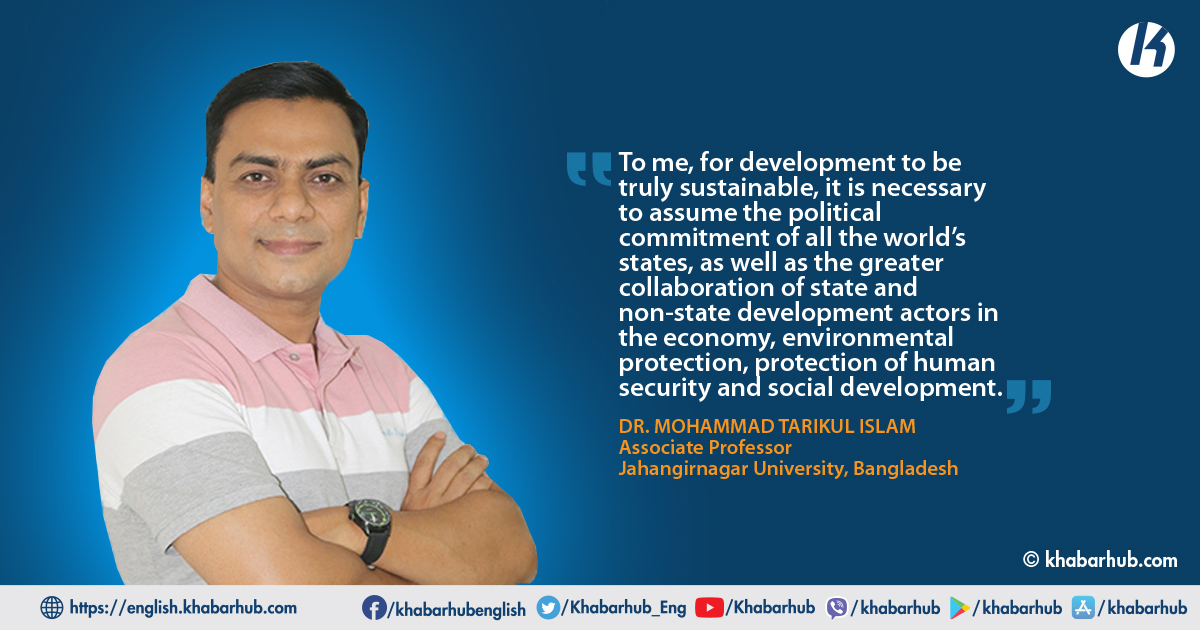
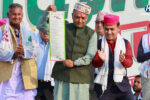
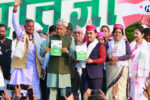

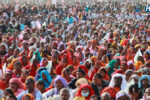
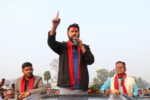

Comment